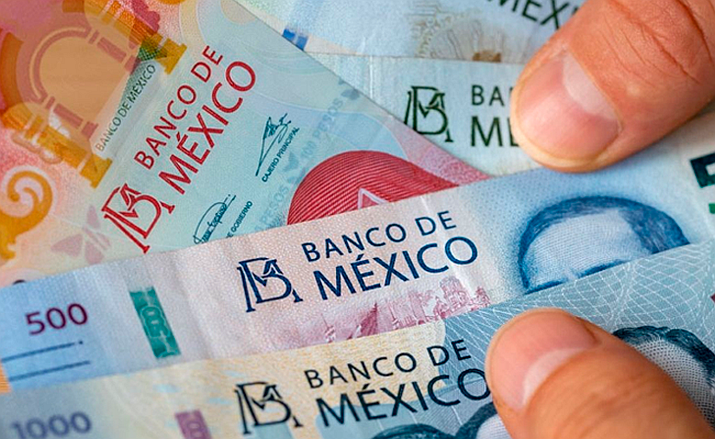
Mexico’s Gross Domestic Product (GDP) grew by 0.6% in the first quarter of 2025 compared to the same period last year, according to a preliminary report released Wednesday by INEGI, the country’s national statistics agency. While modest, the growth is seen as a positive sign given ongoing trade uncertainty and global economic challenges.
When compared to the previous quarter (the last three months of 2024), Mexico’s GDP showed a 0.2% increase in the first quarter of 2025, based on preliminary INEGI forecasts.
The report shows that Mexico’s economy continues to face pressure from shifts in U.S. trade policy, especially the tariffs introduced by President Trump in early March. Although goods exported under the USMCA agreement are generally exempt, Mexico’s key industries – such as automotive and steel – have still felt the impact.
The industrial sector, which includes manufacturing for export, shrank by 1.4% year over year and 0.3% from the previous quarter. Meanwhile, services showed no growth between quarters, though they rose 1.3% compared to the first quarter of 2024. The strongest performance came from the primary sector – agriculture, livestock, fishing, and forestry – which posted an impressive 8.1% quarterly increase and 6% annual growth.
President Claudia Sheinbaum praised the GDP results, calling them “good news” in light of the complex international trade environment. She acknowledged that more robust growth is needed but emphasized that these early results reflect economic resilience.
The INEGI report is based on seasonally adjusted data and offers an early glimpse of economic performance before final figures are released on July 30. Analysts, including those from Capital Economics, noted that the overall growth was mainly driven by a recovery in agriculture, while other parts of the economy, especially manufacturing, continued to face challenges.
Adding to the cautious optimism, the White House announced changes this week that aim to ease the burden on the automotive sector. Trump signed an executive order ensuring that the 25% tariff on imported vehicles will not be compounded by similar tariffs on steel and aluminum components. In addition, automakers have been granted a two-year transition period to adapt supply chains, and manufacturers will be able to recover part of the costs tied to the new tariffs on imported parts.
President Sheinbaum welcomed the announcement, calling it a “step forward” and a sign that the U.S. recognizes the importance of the USMCA agreement. She emphasized the strength of Mexico’s trade ties and reiterated her administration’s forecast of 1.5% to 2.3% economic growth for 2025, despite the International Monetary Fund’s prediction of a slight contraction.
As Mexico continues to navigate external economic pressures, early indicators suggest that sectors like agriculture and services may help support the country’s path forward.

We Need Your Support: While other media outlets have retreated behind paywalls, at Banderas News, we believe news should be free for everyone. Would you help us provide essential information to our readers at no cost? We can’t do it without you. Your contribution helps us sustain and grow.






